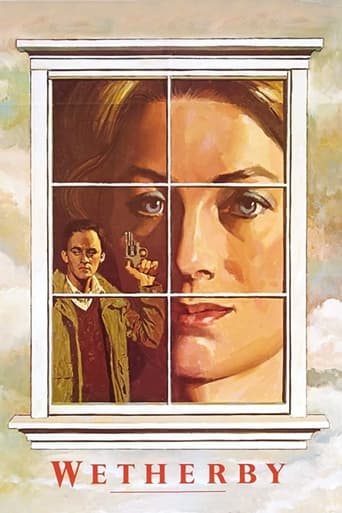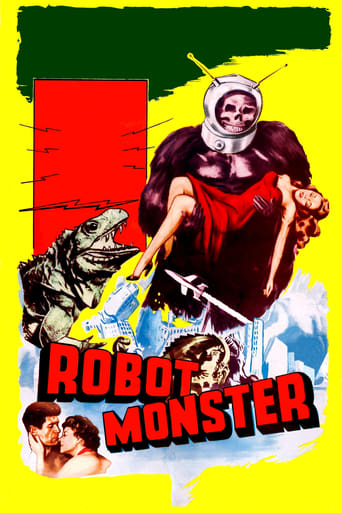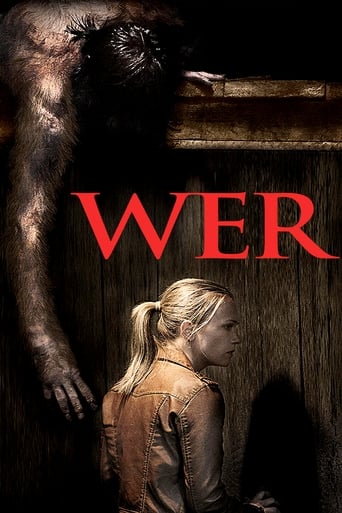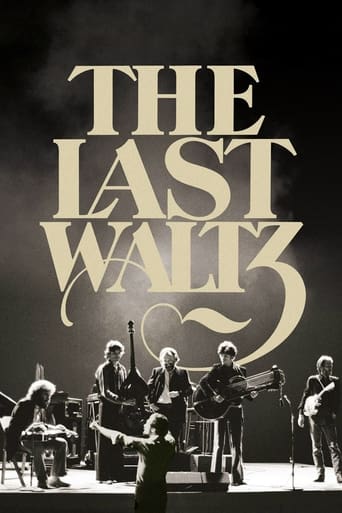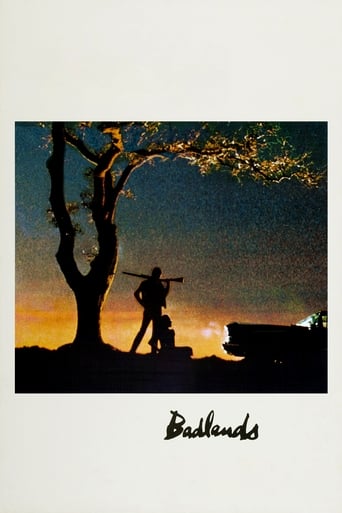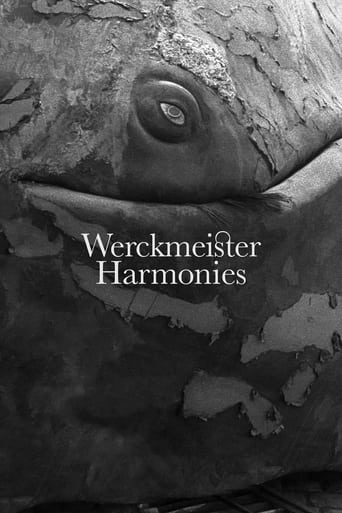


Werckmeister Harmonies
A mysterious circus excites a small Hungarian town into a rebellion when a promised act doesn't perform.
-
- Cast:
- Lars Rudolph , Peter Fitz , Hanna Schygulla , Alfréd Járai , Gyula Pauer , János Derzsi , Mihály Kormos


Similar titles






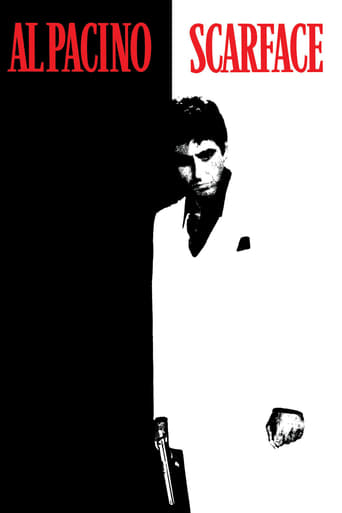
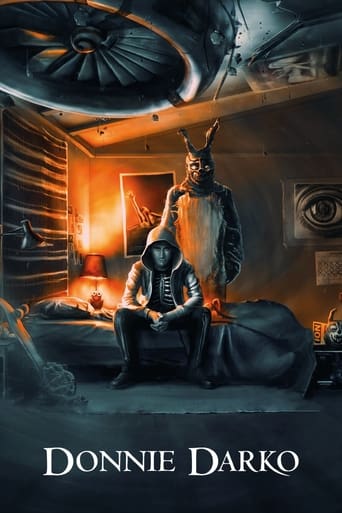

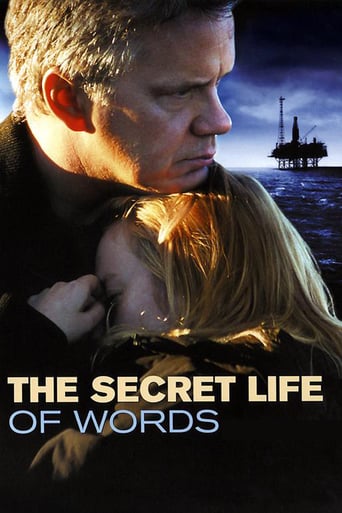
Reviews
Perfect cast and a good story
Good , But It Is Overrated By Some
The acting in this movie is really good.
The film may be flawed, but its message is not.
"Werckmeister Harmonies" tells a tale like no other in a way like no one else has ever done before. If you're ready for a very different kind of art, feel free to follow a humble paper boy with the sense for wonder on his rounds. He has a clear picture in mind of what makes the universe tick, a strong belief that everything follows its preordained order, is in eternal harmony, a concept the musicologist he's working for vehemently denies - or at least that man is capable to understand it. Signs and portents already make it clear that the times are achanging, and soon shadows engulf an unnamed town in the middle of nowhere, when a circus arrives with a monstrous fish to be exhibited. And thus the young János sets out to see a whale, but what he'll get is a glimpse of an alienating apocalyptical eclipse happening right before his eyes..."Werckmeister Harmonies" is another highly politically, philosophically, existentially, even religiously charged work, depending which way you want to see it, made by the visionary Hungarian director Béla Tarr. Based on the novel "The Melancholy of Resistance" written by long-time collaborator László Krasznahorkai it is as uncompromising as the original text and Tarr's previous cinematic works, and will bring your attention span to its limits due to its extremely slow, yet sublimely otherworldly pace. As always when Krasznahorkai and Tarr set out on a new project, the action is of profound metaphysical relevance with cosmological principles at war, but nevertheless deeply rooted in social realism, in which one can read Hungarian disenchanted life before and/or after the fall of communism, references to wars and uprisings, to false prophets, fools and opportunists pulling the strings from behind the curtain. What is apparent from the get-go is that the film defies conventions. Stylistically it is nothing less than a revelation, even for Tarr adepts, provided you admit to the created mood. Photography is in striking black and white, all around aesthetically superb essays in motion - and above all perfectly timed, an essential key element in shots that last several minutes. Every scene forms a visual unit in itself, composed meticulously, executed flawlessly, enhanced either by absolute silence, precise sound or Mihály Vig's incomparable melancholic music on the soundtrack. "Werckmeister Harmonies" is much more than a movie, a unique work of art that delves deep and stirs profoundly. Essential viewing.
A small town. A drunk room; a rather dreary bar with two big lights hanging from the ceiling. Village simpletons falling all over the floor with an overdose of drinks. "You tubs of beer"..the bartender calls them! At closing time, a wide-eyed, gaunt, but seemingly popular young man walks in. He is Janos Valuska (Lars Rudolph). He uses the drunks at the bar as props and demonstrates the Solar Eclipse and the effects of this phenomenon on the behavior of the mortal beings of the earth. The scene lasts for the first 10-12 minutes and ends with a melancholic, haunting score by Mihaly Vig. This single scene is so beautiful, it sets the tone for what's to come.There is a shroud of ambiguity over Hungarian filmmaker Bela Tarr's "Werckmeister Harmonies" (co-directed by Ágnes Hranitzky). There is communication that is very vague. Things are spoken about something bad that happened before and something terrible that's perhaps about to happen. And in some towns, they say it has already begun. Is it the advent of the apocalypse? At the center of this mystery is a stuffed giant whale, a part of a "circus" that has arrived in town. This circus also features the enigmatic "Prince". With the coming of the whale and the Prince there is suddenly a 'lack of harmony' within the quietude of the town. Foreigners have started encroaching. There are stories that they have started rioting and looting. The whale is perhaps the reason. Most people seem to regard the whale as an abomination. Only Janos sees it as a bounty of nature, a miracle of God...Janos is clearly an optimist. Or is it the Prince who is behind all the turbulence? There are all kinds of stories. The dead whale and the Prince are somehow responsible for creating ripples in the otherwise still waters of the quiet little town. They have already spread their wings on other parts of the country. But are all these just urban legends? One of the main characters, György Eszter (Peter Fitz), speaks about how the musical intervals and harmonies as we know them over the centuries are "false" and the result of a huge scandal brought about by a certain Andreas Werckmeister. The title alludes to the harmonies or lack thereof owing to some funny business brought about by Werckmeister as a result of an "unhinged arrogance" that wished to take possession of the natural harmonies of the Gods! This one scene and the philosophy within has a strong connection with the overall theme of the film...lack of harmony and how it is brought about! Eszter's former wife Aunt Tunde (Hanna Schygulla) has an agenda of her own...she is out to initiate a "clean town" project with the help of her current lover, the Police Chief, for which she needs her former husband's help. "Our Janos" (as he is referred to by all townsfolk who like him) is entrusted the task of convincing Eszter to use his command and popularity to get support of the movement. Eszter reluctantly agrees. "I've paid for it and I may pay for it all my life", he says. But what exactly? Tarr doesn't think that is important. We never get to know. He clearly loves ambiguity.Tarr also loves extremely long takes, stark Black and White cinematography (beautiful at that), a somber mood, melancholic score, a languorous pace, bleak imagery and an overall sense of doom and despair. There are long philosophical monologues which are almost poetic and need to be heard at least twice to grasp. There is a distinct "meditative" feel to the proceedings. It is not difficult to spot the heavy Andrei Tarkovsky influence here, just as in other films of his. But Tarr's pictures are less abstract than those of the great Russian filmmaker. "Werckmeister Harmonies" is mostly materialism heavy but there certainly is some symbolism embedded in the narrative. The "Prince" who travels with the whale, for example, is a mysterious faceless creature who seems to have immense powers. A clock that was dead for years started ticking again as he went past! And he apparently also incites rioting. He doesn't believe in any greater power or authority either. Is he then the "Prince of darkness" with a thirst for destruction? Tarr demonstrates his ability to create a powerful impact through the marriage of visuals and sound. On one hand there is the scene in which Vig's soulful music accompanies, like Janos appreciating the whale and being awestruck by its enormity. And then there is the scene in a newspaper factory. Long monologues and ambient sounds serve as a background to Janos' mundane activities being filmed, and later the camera slowly pans to the person delivering the monologue! Then, of the several long tracking shots, a particular shot of Janos and Eszter walking adjacent to each other in an almost synchronized march of their feet (with only the sound of their feet and a lunch box providing the sound...carrying on for a good 2-3 minutes!) can't help but bring a smile on your face. Apparently, for one other scene, in which a lot of people are marching together to reach a destination, Tarr was asked why the scene is that long. Tarr simply answered "that's how long it took to get there!" "Werckmeister Harmonies", like any other Bela Tarr film, is surely not for the impatient viewer. It is for that segment of film lovers who love their films grave; and who don't mind the scenes playing out real time, with the editing process being allowed to take the back seat as long as the final product delivers. Suffice to say, Tarr manages to engulf the viewer under his spell and guarantees a hypnotic audiovisual experience, one that culminates into a powerful ending that leaves a lasting impact....Score: 10/10.
What this film appears to loose in its measured pace it makes up for in its multilayer's of meaning. Everything is symbolic, from the dousing of the stove in the opening shot foreshadowing the removal of warmth and comfort to come, to Janos walking from the light into darkness as he leaves the bar. Workmeister Harmonies is an in depth reworking of the police captain's speech in Satantango with particular emphasis on order. "The strange thing is there is nothing to fear about freedom... order, on the other hand, can often be frightening." This film explores both natural order and social order. Natural order in the motions of the planets giving explanations to the eclipse showing modern mans superior knowledge over the animal kingdom. The musical scale has imperfections. Harmonic intervals on a piano tuned perfectly in one key give discordant intervals in a different key. That is why Werkmeister modified the tuning of stringed instruments to give the best fit over a range of keys. The question then arises why a perfect God would create an imperfect system. This leads on to Eszter's statement that (the imperfections in the tonal scale) "Is a philosophical question the tonal system has led us ultimately to a test of faith in which we ask on what do we base our belief? We have to speak of a deception." As with other Tarr films, things of significance happen in the by goings. When Janos collects his morning deliveries the woman in the sorting office is relieving her boredom by talking to herself and addressing the room in general. Here is where the link between natural order; social order and superstition occur. "If a family is ordered it disappears without explanation. The world has gone completely mad. Now it's not down here but up there where something's gone wrong. There is no coal and it is 17° below. There is a circus and a prince who makes a speech nobody understands and suddenly the broken church clock starts working and trees are split so their roots come out of the ground (A reference to the miracles of Jesus - perhaps). Nothing is sacred, statues are pulled down and gravestones stolen. How can you explain it in normal terms? People bolt their door and tremble dreading what is to come. It is certain something is to come." Janos never doubts his faith. "All is well in the cosmos", he says. The whale, I think, represents the unknown, and because his faith is intact he has no problem to look into its eye. There he sees only the wonder of the Lord's creation. Mr Eszter and those who gather in the town do not want to discover the unknown themselves but want others to see it for them.The fundamental question that was alluded to but never asked and therefore never answered was 'Why, when the temperature was minus 17°C was there no coal in the region'. Was it a failure of natural order or was it deliberately withheld to destabilise the social order? If it was the latter then the prince is an agent for those who have the social order under their control. If the prince is a false Messiah then that is why he says of his followers, "What they build and what they will build; what they do and what they will do is delusion and lies." "What they think and what they will think is ridiculous. They think because they are afraid and those who are afraid know nothing."The police chief cannot control his own children let alone the town. Aunty Tunde is not as benign as she appears and is there to organise the military. The military do her bidding so she is on the side of those who control the prince. Is it helpful in understanding this story if we change the name Gyorgy Eszter to that of Winston Smith? When he is pushed by Tunde into organising action against those who are gathering in the town he says "When the town is under threat we have amusements in chaos (compare to endless sport and reality TV). We need solidarity, common sense is important. We cannot remain passive; to retain order we have to take action." This is a prime example of what we often meet in modern life; attacking the symptoms of a problem and not its cause. If Eszter really wanted to cure the problem he would find a way of providing more coal, not just clearing the destitute out of the town. But this is just what he is charged with doing – so that order can be restored but order for whom? Here, even the innocent are the guiltiest. As he says earlier, "We have to speak of a deception".What has changed between the beginning and the end of this story is that the civil administration has been replaced by a military one. " Order on the other hand can often be frightening."
In modern cities, we're bombarded by sounds and images all the time, creating over-stimulation. As a result, we can't feel very strongly about any one thing we see. Werckmeister Harmonies takes place in a small Hungarian town, where not much ordinarily happens. The citizens are under-stimulated, and as a result, have the sacred ability to be moved to the core by small things. Bela Tarr wants us to be able to experience this with the townsfolk, and goes through great pains to do so. The film is made up of only 39 shots, each one spanning at least several minutes. As with Satantango, they chronicle the monotony of village life: long dreary walks, manually heating up water, the unhurried conversation.While I wouldn't say I found every moment of Werckmeister Harmonies riveting (perhaps the non-city dweller may fare better), I can easily say I did myself a favor by watching it. First of all, the imagery: Bela Tarr captures some of the most enchanting and unique images you'll ever see on film. The ambitious art direction and cinematography are perfectly realized, and the skill and artistry in the single-take scenes found here is astounding.The film's simple but beautiful soundtrack works well, and Tarr combines it masterfully with his imagery, creating a lot of memorable and powerful moments.My only complaint is that Bela Tarr hasn't mastered dialog to the extent that his predecessors have. Some of the dialog-driven scenes feel a bit stale, and serve to work against the wondrous tone that he painstakingly creates. But all is forgiven when the dialog fades and he is able to focus on poetic expression through imagery. Who else can make a circling helicopter appear so organic, and so strange?Also recommended: Tarkovsky's The Sacrifice and Roy Andersson's Songs from the Second Floor.

